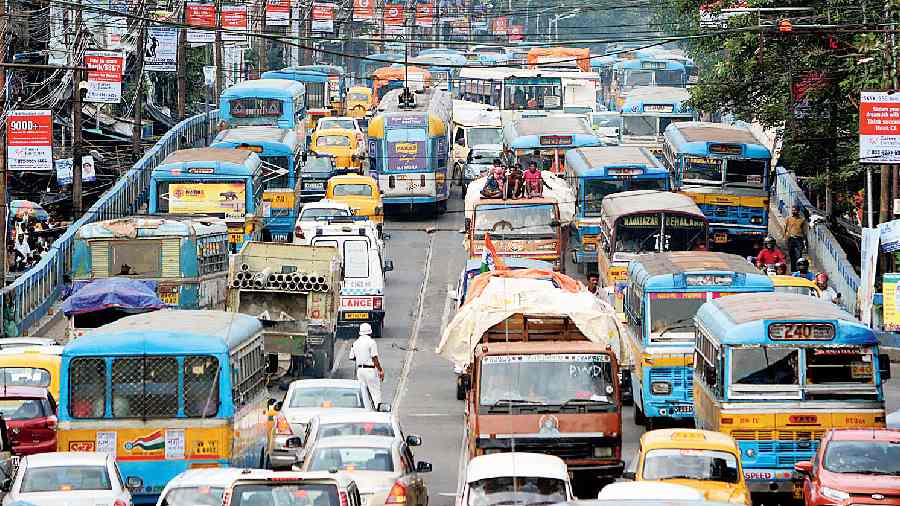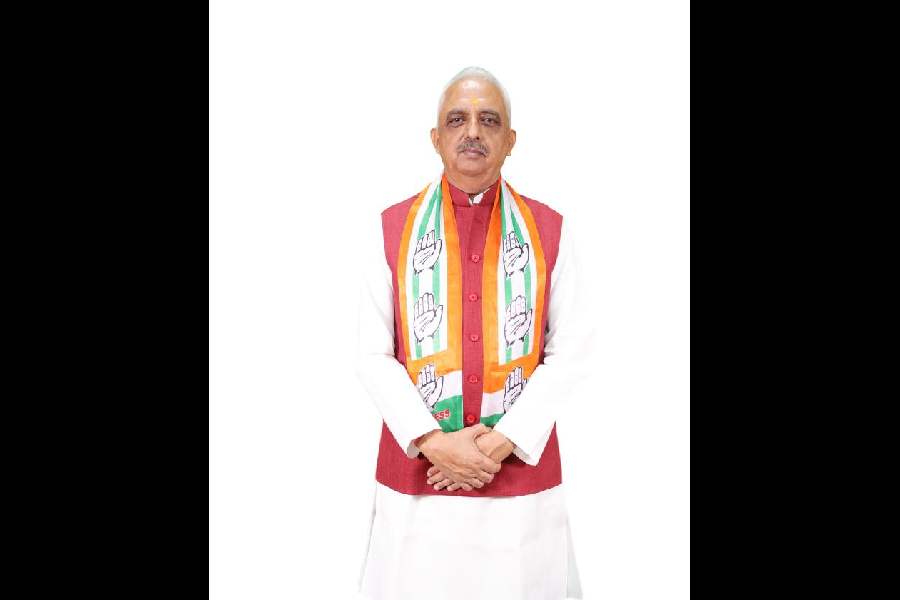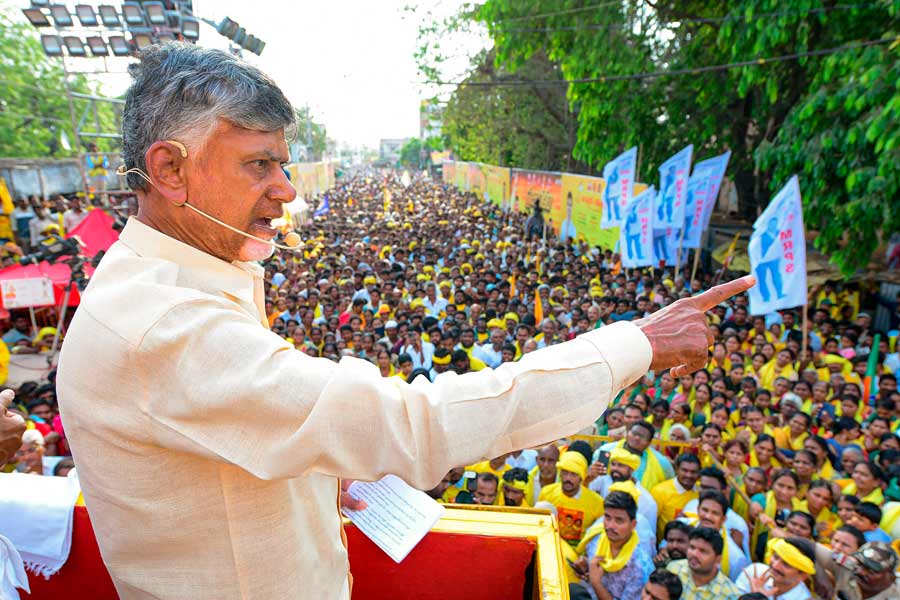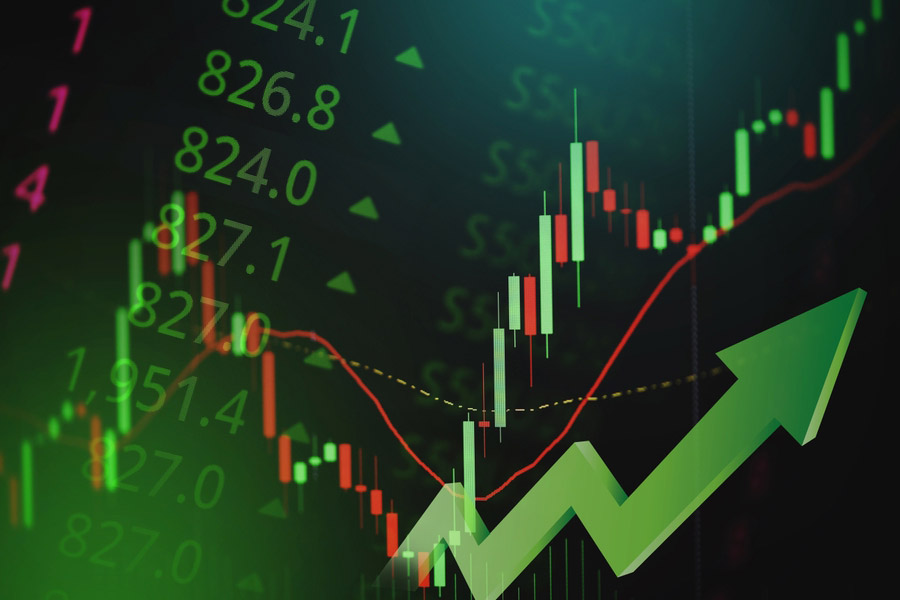Public transport forms the backbone of city life. It also has economic and ecological implications. But a comprehensive data exercise has laid bare the problems affecting India’s urban mass transit system. According to the survey — it involved over two lakh respondents across 46 cities — unreliable service, inefficient route mapping, delayed journeys, crowding in buses, and lack of last-mile connectivity are some of the factors that afflict commuting in urban spaces. While 68% of citizens flagged the issue of overcrowding in buses as a reason for shunning them, 59% expressed concern about delays owing to traffic jams and parking. That is not all. Despite governmental initiatives to modernise urban mobility, such as digital payment, 53% of the respondents and most drivers, it was found, favour cash payments. This leads to the underutilisation of public transport. Significantly, chinks in the armours of public transport systems were found in even the most prominent metropolises. Delhi, for instance, ranked among the five worst-performing cities in public transport availability on the Ease of Living Index, 2020. Calcutta, which has been recently lauded for its robust public conveyance network, remains inexplicably bullish about discontinuing trams — a sustainable, environment-friendly, and affordable mode of transportation. In Bengaluru, there has been a discernible preference for two-wheelers, contributing to its infamous traffic congestions.
Taking cognisance of these problems is a welcome first step. It could help overhaul the transport infrastructure and policy in these cities. This refurbishment is also necessary as there has been an alarming diffidence among people to avail of public transportation in the wake of the pandemic. The resultant spike in the purchase of private vehicles has increased the volume of traffic and, with it, vehicular pollution as well as the depletion of road space. There is also an economic fallout of this phenomenon: the spectre of unemployment looms large for people affiliated to public transport and allied industries — not only bus and operators but also mechanics, garage helps and so on. Above all, there is an ecological imperative: the renewal of public transport is critical to India’s commitment to achieving net-zero emissions. Public transport is also an effective means of democratising space which, in turn, cements social cohesion. In a polarised India, the importance of this role cannot be overemphasised.










